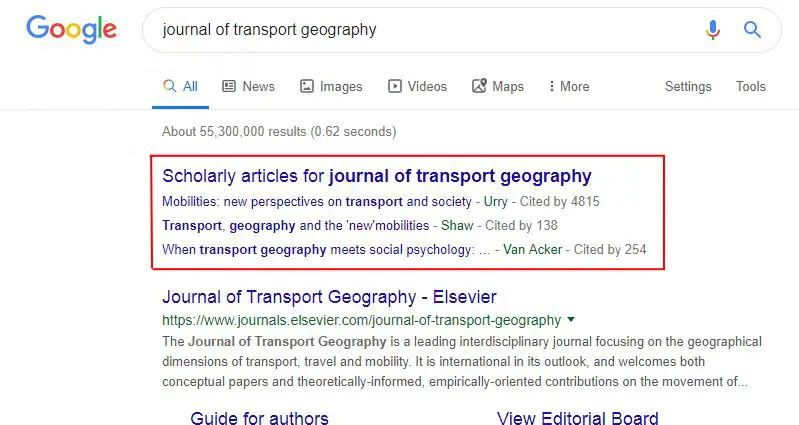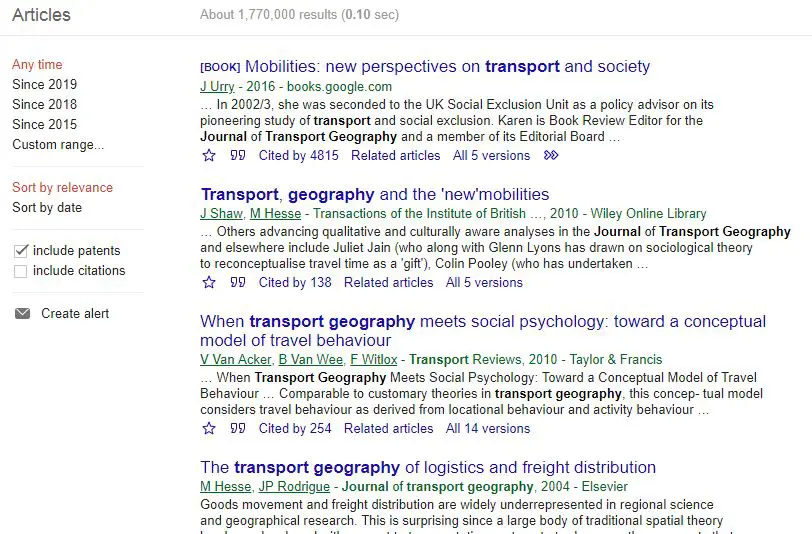A Journal in its simple and literal meaning refers to the record of daily activities and experiences, but the term journal is not limited to just daily records. It has evolved over time, nowadays, a journal refers to many things such as – a diary, magazine, academic journal, transaction journal, newspaper and more.
Journal also refers to a scholarly publication which contains articles penned by experts, professors, scholars, and researchers. These Journals center on particular academic discipline or field. They target specific audience such as academics and students, unlike newspapers and magazines which are intended for common people and general readers.
Here’s the official version of what an online journal is…
What is an Online Journal? Online journals or electronic journals are intellectual and periodical publications which are published in electronic format and can be accessed online via the internet or electronic transmission. In modern times they also refer to a diary or magazine.
Some journals are only and solely online journals, while others are an online version of printed journals. You may have come across these as they’re sometimes referred to as ‘scholarly Articles’ when they appear on Google search results

With the advancement of information technology, the number of online journals and published papers is increasing largely and rapidly worldwide.
Although print journals have been used for decades, they’re getting less popular due to several reasons. E-journals, on the other hand, were introduced some years ago for the purpose of revolutionizing the research world, and they offer some advantages which printed journals failed to offer.
Online Journals Offer More Advantages and Content Types
Online journals can be accessed by anyone, from anywhere at any time, simultaneously. Search is made easy in online documents to find desired articles on a certain subject and navigation tools assist readers to jump through sections.
The addition of hyperlinks links the readers to a different section within the document and create a link to other external information sources such as websites or related articles on the internet.
One feature that contributed most to the rapid growth of online journals is the use of sound, graphics and audio-visual material. Another successful tool is article-level metrics, which proves to be one of the great advantages of the online journal. This tool allows quantifying the use of an individual article, how much an individual article is used, discussed and distributed among readers on social media.
Some online journals also have download feature, you can download the document in PDF format as well as other formats.
Online journals are the fastest way to distribute information and research work among readers. Electronic communication and interaction between authors, editors, reviewers, and publishers, and increase the speed of production.
Early availability of scientific work to a larger audience is made possible due to fast downloading and printing – and easy availability through the internet.
Not every journal available on the internet is free of charge, however. There is an incorrect assumption, common among people that open access to journals does not cost anything when in reality, some valuable content must be paid for before gaining access.
There are many journals out there that are available online and in print as well. These journals have a different format but similar content. In some cases, the online journal contains additional information and extra content which might not be present in the print version of the journal.
Some journals are only available in an electronic format having high academic value and quality. Online journals can be classified on the basis of pricing as well, such as free online journals and paid online journals.
Free journals are free of charge and easily available online while paid journals are available but can only be accessed after payment, the price may be more or less than print version depending on the journal.
Or, some journals are totally free and provide a subscription to print journals as well.
Advantages of Online Journals

We can summarize the advantages of online journals below:
- Easy to find certain articles on a particular subject by searching the contents pages
- To read journal articles, you don’t necessarily have to be on campus or library. You can read articles on your desktop as well.
- You can easily download your desired article and even email the article to yourself.
- Hypertext links enable you to jump through different sections within the journal and provide a link to reacted external sources such as websites and articles on the internet.
- They include additional information in the form of graphics – sound, videos, etc.
- Making corrections and editing document is made possible through online journals.
- Online journals make the interaction easy, you can email the author and share your thoughts and reviews regarding the journal.
- Saves physical storage space and is portable.
- Can be used simultaneously by more than one reader, anytime, anywhere.
- Provides easy accessibility and availability.
You might prefer to use online journals if you want to access articles without going to the library and if you want to get your hands on latest and updated articles without waiting for them to become available in print version.
Online journals will help you read the text via unique technology such as text to speech and screen reader. As online journal culture is spreading worldwide, it’s fair to assume that E-journals are one of the main causes of an increase in journal reading in all fields of study. Not only that, but can be attributed to advancing study by making journals more accessible to a wider audience.
Conclusion
Not many of us will come into contact with or have a need for journals much, they do tend to be for high study value. But if you’ve taken a degree in recent years, then it’s likely you’ve had to consult a journal in one form or another.
Writing a journal in the sense of creating content for the web in a specified field is not something you need to be an academic to do. In my course, I show people how to build a website with a selection of articles that are designed to rank on Google page one and become monetized. This is the common kind of journalling that most people are aware of and use these days.